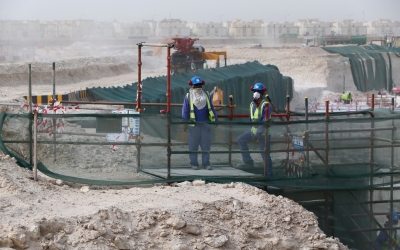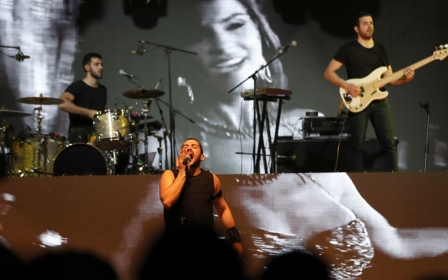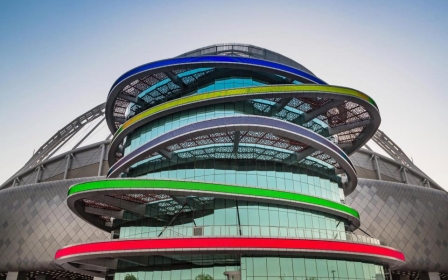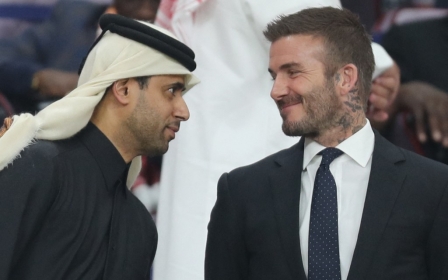Gay footballer Josh Cavallo ‘scared’ to play at Qatar World Cup
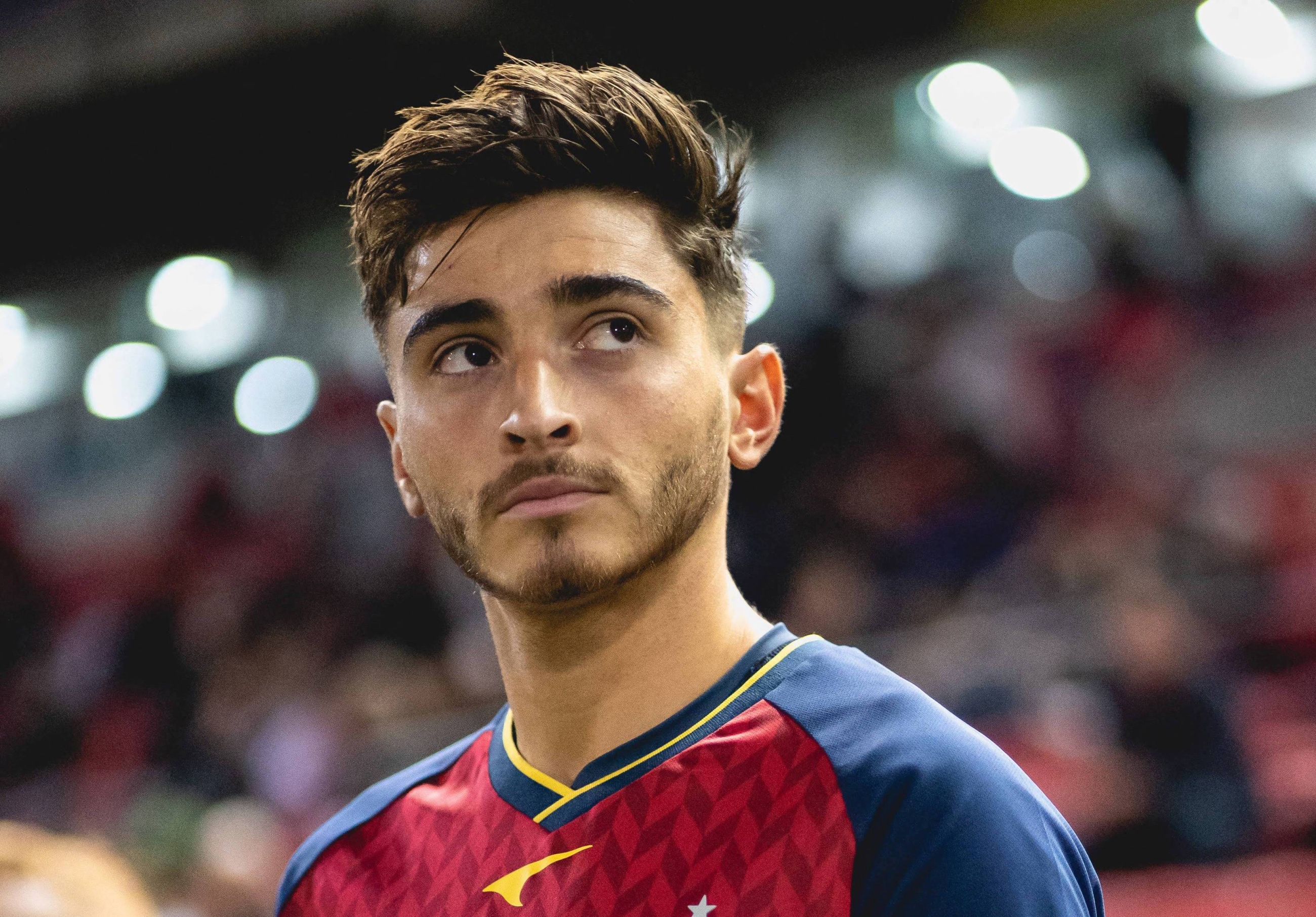
The world’s only openly gay top-tier footballer, Josh Cavallo, has said he’s “scared” to go to next year’s World Cup tournament in Qatar, where homosexuality is illegal.
The 21-year-old athlete, who plays for Adelaide United in Australia, came out as gay last month in a video statement released by his club. “There’s something personal that I need to share with everyone. I’m a footballer, and I’m gay,” he said.
'I read something along the lines of that [they] give the death penalty for gay people in Qatar, so it’s something I’m very scared [of] and wouldn’t really want to go to Qatar for that'
- Josh Cavallo, gay professional footballer
Since then, Cavallo says he’s been overwhelmed by the supportive responses to his statement, but he’s also worried about what lies ahead.
In an interview with the Guardian’s daily news podcast, Cavallo shared his discomfort with the World Cup being held in a country where gay people could face prosecution.
“I read something along the lines of that [they] give the death penalty for gay people in Qatar, so it’s something I’m very scared [of] and wouldn’t really want to go to Qatar for that,” he said.
New MEE newsletter: Jerusalem Dispatch
Sign up to get the latest insights and analysis on Israel-Palestine, alongside Turkey Unpacked and other MEE newsletters
“And that saddens me. At the end of the day, the World Cup is in Qatar and one of the greatest achievements as a professional footballer is to play for your country, and to know that this is in a country that doesn’t support gay people and puts us at risk of our own life, that does scare me and makes me re-evaluate - is my life more important than doing something really good in my career?”
'Limited' LGBTQ+ expression
Qatar’s human rights record - especially its treatment of foreign workers and the LGBTQ+ community - has long been a concern for rights groups, but it has not deterred some global superstars from working with the Gulf nation.
Just last month, former England football team captain David Beckham signed a £150m ($207m) deal to become a cultural ambassador for Qatar. The 10-year deal will also see Beckham become the face of the 2022 World Cup.
Beckham’s move was heavily criticised by rights activists. Amnesty International issued a statement urging Beckham to learn about Qatar’s human rights record, while highlighting the restrictions on free speech in the country, the criminalisation of same-sex relations and the plight of migrant workers.
In Qatar, same-sex acts between consenting adults in private are treated as a criminal offence.
In addition to banning sex outside marriage for Muslims, Qatar penalises any male, Muslim or not, who “instigates” or “entices” another male to commit an act of sodomy or immorality, according to Human Rights Watch.
Ahead of the World Cup, Qatari officials have made efforts to reassure LGBTQ+ fans that they will be welcome in the country and “can express themselves - within limits”, and promised to Fifa, football’s world governing body, that rainbow flags will not be removed.
The tournament's chief executive, Nasser al-Khater, said in 2019: “I would like to assure any fan, of any gender, [sexual] orientation, religion, race, to rest assured that Qatar is one of the most safe countries in the world - and they’ll all be welcome here,” the Guardian reported.
When asked how Qataris would react to a gay couple holding hands, Khater said they would be treated the same as a heterosexual couple.
“A public display of affection is frowned upon. It’s not part of our culture. But that goes across the board to everybody.”
This article is available in French on Middle East Eye French edition.
Middle East Eye delivers independent and unrivalled coverage and analysis of the Middle East, North Africa and beyond. To learn more about republishing this content and the associated fees, please fill out this form. More about MEE can be found here.


